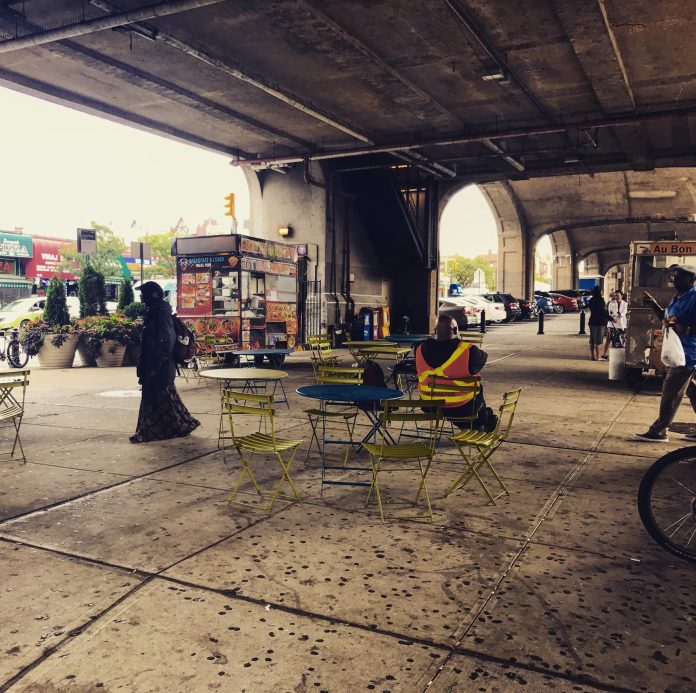The sorriest: It’s official, Seattle has the sorriest bus stop America.
Poor incentive: The commuter parking benefit is inducing people to drive to work causing more congestion and pollution for cities.
Good incentive: Meanwhile, Washington, DC is looking at a plan that would pay commuters to walk or bike to work.
Better data: King County Metro Transit is launching better systems for real-time arrival information this weekend.
Hyperdogggle: Hyperloop One, the boondoggle brainchild of Elon Musk, has gotten a big round of investor money, but it’s still a long way to getting beyond concept.
Skateboard FTW: Geekwire pitted multiple modes against each other during a peak travel time in Seattle to see which is fastest (spoiler: the skateboard wins).
Mergeburbs: Merging suburbs may be a practical solution to save them if they are dying, says urbanophile Alex Renn.
Smaller mansions: Mercer Island looks to discourage some of the largest mansions ($) being built on the island community.
More than pay: Cities need more than just high paying jobs, especially if they are going to welcome big corporations like Amazon.
Car-free zones: Greater Greater Washington took a deep dive this week into the secret sauce of what makes car-free zones work.
City tweets: A Twitter account is tweeting images of cities and describing them.
Inefficient plan: Maryland’s governor wants to spend lavishly on new highways, though they would be tolled.
Uber woes: London just decided to ban Uber for non-compliance, but perhaps services like Uber could help rural areas in need of mobility options.
Cheap bikeway: Fort Collins was able to build five miles of bikeways for under a million dollars, but there are good reasons why it was so cheap.
Deadend line: Under Armour wants a light rail extension to their campus in Baltimore, but it would limit future expansion if built as proposed.
Station access: Some residents along the future Federal Way Link extension remain concerned about station access.
Unaffordable: If rent were affordable, households would be paying at least $6,200 less per year.
Skyrocketing emissions: Vizualize the increase of carbon emissions as skyscrapers.
Stephen is a professional urban planner in Puget Sound with a passion for sustainable, livable, and diverse cities. He is especially interested in how policies, regulations, and programs can promote positive outcomes for communities. With stints in great cities like Bellingham and Cork, Stephen currently lives in Seattle. He primarily covers land use and transportation issues and has been with The Urbanist since 2014.


